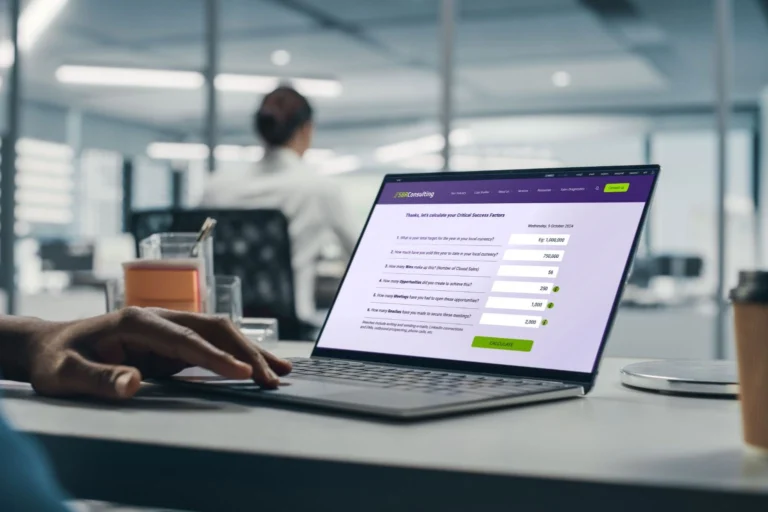Article

Sales management: 4 pillars of growth
10 min read
We look at balancing four simple pillars: People, Plans, Processes and Leadership.
Read article

Featured Learning Video
27 min video
How to build a blueprint for a vertical-focused sales and marketing strategy.
Or filter by:
Article

10 min read
We look at balancing four simple pillars: People, Plans, Processes and Leadership.
Read article
Article

5 min read
Adding value, engaging consistently, and strategically positioning yourself.
Read article
Article

7 min read
4 actions to tap into resilient, organic growth for your wealth management firm.
Read article
Article

9 min read
Start the year right by motivating your people.
Read article
Article

5 min read
Growing & developing your professional network with LinkedIn.
Read article
Article

Effective questioning techniques.
Read article
Article

Something to consider when looking at hiring a sales leader.
Read article
Article

Quick wins to help you and your team close more deals.
Read article
Article

How to use social proof in a sales setting, with examples throughout the entire sales cycle.
Read article
Article

We’re proud to announce our new reimagined website, with you in mind.
Read article
Article

Outcome goals, performance goals and process goals to maintain motivation.
Read article
Article

A defined competency framework to form the basis of your team's development.
Read article